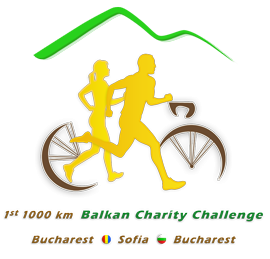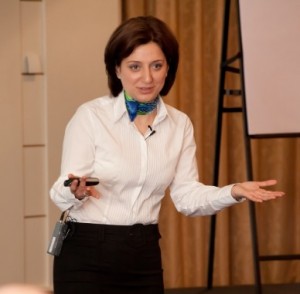A venit vremea (de ceva timp, e adevarat) sa nu mai cheltuim bugete, ci sa dezvoltam oamenii prin programe aliniate strategiei companiei. Cei care suntem in domeniul asta (training) de mai mult timp am trait perioada de “glorie” dinainte de criza in care alergam de bezmetici de la un curs la altul, caci se consumau bugete mari si fara prea mult discernamant. Asa am fost toti: clienti si furnizori, intr-o perioada in care se consuma mult si orice. E bine ca a trecut! E bine ca s-au mai cernut lucrurile si, macar la nivel de intentie, nu se mai arunca cu programe de dezvoltare in angajati, ci se incearca macar sa se construiasca ceva, cel putin pe termen mediu. Mai e pana la termen lung, dar e un mare pas inainte. Si am crescut cu totii: la nivel individual si de intelegere de business. Sau o mare parte dintre noi? Oricum, s-au ales si se tot aleg apele: atat pe “frontul” HR-istilor, cat si pe cel al furnizorilor de servicii de HR. Finally!
Si totusi ce inseamna sa construiesti pe termen mai lung?
- Sa intelegi compania in care esti. O sa spuneti ca angajatii fac deja asta, cu atat mai mult cei care conduc departamente sau/ si echipe. Eu mai zic o data: sa intelegi compania in care esti, business-ul si mediul in care trebuie sa dai rezultate. Cu siguranta dintr-un birou, din fata unui laptop nu are cum sa-ti iasa asta…
- Sa stii si sa intelegi strategia firmei pentru urmatorii ani (macar pe anul curent…). Ce isi propune? De ce? Cum? Care sunt riscurile?
- Sa stii clar care este rolul fiecarei rotite interne: departament/ functiune. Fiecare trebuie sa-si stie rolul propriu, dar si rolul celorlalti. Degeaba departamentul de Vanzari este la foc continuu, daca marketingul trage in alta directie sau HR-ul nu impinge lucrurile catre acelasi scop. Si invers!
- Sa-ti asumi rolul pe care-l ai (ca echipa, caci esti manager, nu? si ca individ). Si de aici putem deschide un nou subiect: ce inseamna sa-ti asumi? Ce implicatii are? O sa revenim pe subiect.
- Abia dupa-aceea poti sa incepi sa te gandesti cum si in ce directie sa-ti dezvolti oamenii:
- Sa-i cunosti
- Sa-i evaluezi din punct de vedere nivel de competente actual vs cel asteptat
- Sa creezi (impreuna cu cineva specializat intern sau/ si extern) scheletul unui program de dezvoltare.
Stiu, e mult de munca, e greu, dar e singura modalitate de a ajunge la rezultat. Altfel, suntem doar niste consumatori de bugete si nu generatori de rezultate. Si in 2014 nu mai are nimeni nevoie de consumatori, ci de rezultate. De asta, se pune atat de mult accentul pe mentalitatea de antreprenor pentru toti angajatii! Alt subiect de abordat intr-un articol viitor.














